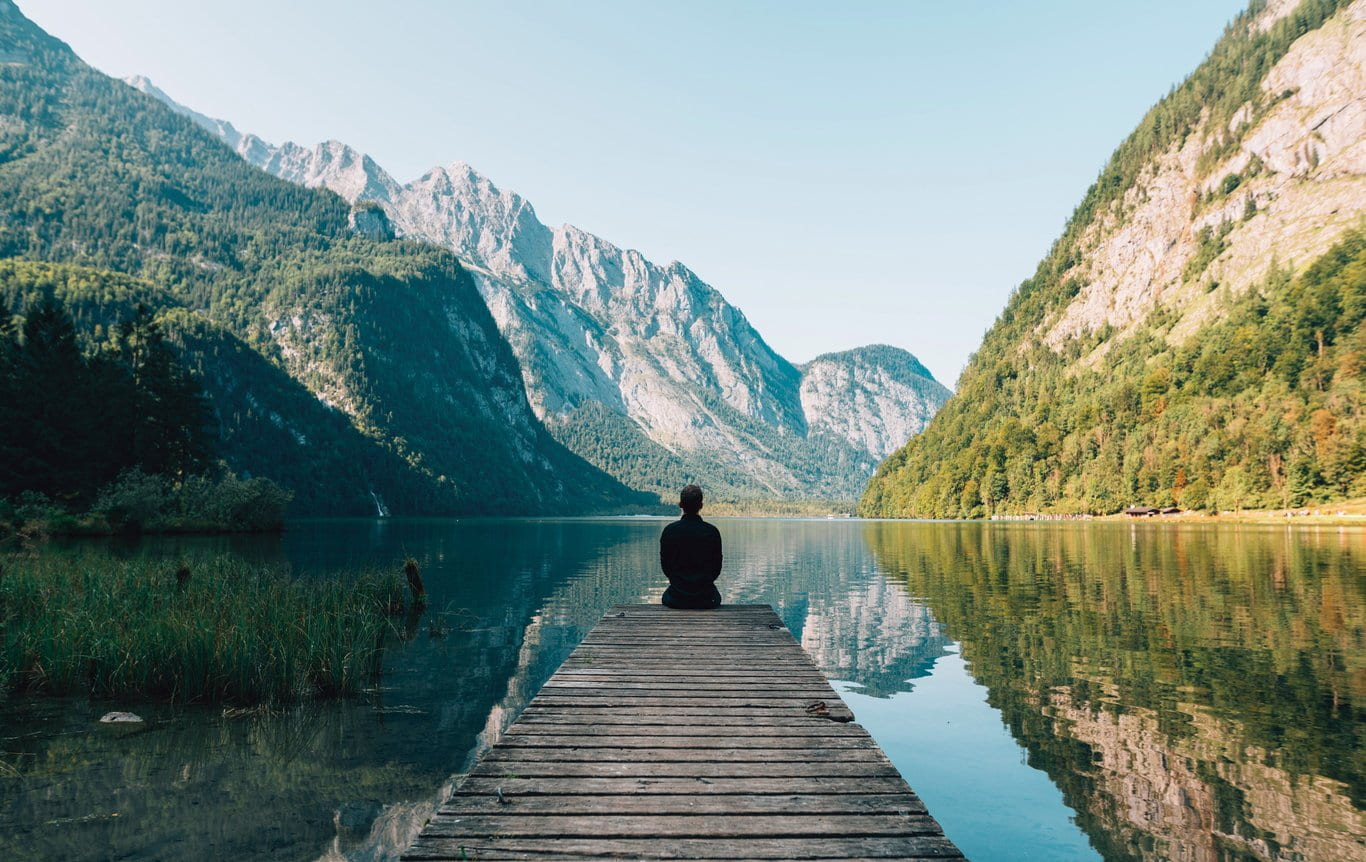A substantial proportion of our economy depends on growth. That is, there are many people who are employed and whose productive capability in the world depends on the assumption that there will always need to be another new car, more hectares of crops, or more and larger yachts. Of course, this assumption is somewhat unsustainable. Let’s look into the environmental downsides to growth economies, and some alternatives.
Production
When a company lists their stock publicly, it is an often forgotten fact, that what they are in fact claiming is that they will continue to grow, not that they will continue trading as they currently have, no matter how successful. Essentially, a company issues stock in order to give investors an opportunity to provide capital to the company, so that the company can undertake some new venture, new product, or most commonly, more of the same. In a word, growth. If a company got up and said "we plan to do exactly the same thing next year as this year, the same costs and the same profits", investors would likely dump the stock in a panic. While there is the possibility of a company issuing dividends, most often, people invest to see the share price grow, so that they can sell the shares, and make a profit. If the company’s actual production capability (that is, the amount of wheat that it grows, or the number of haircuts that it completes) remains perfectly steady, then business people and economists generally see this as a bad thing, if not, a neutral thing, and certainly an uninteresting investment. The economy, it seems, is not about production: it’s about growth. And this implies of course, that as soon as the growth is over, you should sell your shares and never come back.
Infinite growth
Investment certainly depends on infinite growth. Other areas too, must maintain an ever-growing population, for example through immigration, or through increasing life-expectancy. If the population were to decline, or the rate of increase of population were to slow down, then there would be a need for fewer cars, fewer companies, and so on. A population decline or a slowing of its rate of increase would be bad news for many people.
Growth within one country
Consider the USA, for example. In the USA, since 1913, real GDP has more than quadrupled, while the population has only doubled. You could be forgiven for thinking that this means that the average American is four times as productive today as they were in 1913. Note that the average wage has only grown by a factor of 2.5, not four times. This means that it is not the average American who has become four times as productive, but rather it is the economy, the factories, the businesses, the industry that has grown by a factor of four over the century. The people are working harder, but aren’t being paid as much; perhaps they aren’t generating as much value, their efforts are perhaps subject to the rule of diminishing returns.
Alternatives
So while we are criticizing the infinite growth based economy, what alternative solutions are we proposing? It’s a difficult question. Let’s imagine for a moment that growth stopped, or was extremely limited by law, by choice, and by society. What a sweeping change it would make, suddenly, everyone who is employed in building new buildings would be without work. Well, not everyone: there would be a need to knock down old buildings and rebuild them. There could still be a modeset and profitable building industry, consisting of a few companies and a franchise builder or two in each area. That sounds quite ideal, doesn’t it? And importantly, sustainable! Everyone’s needs are met, and there is enough work for the industry to continue profitably. A large percentage of the population in such a society would have jobs in maintaining the current status quo, or rather, improving the status quo. To give an example, plenty of researchers would still be employed to work on increasing the energy efficiency of existing buildings (without building new ones), for example, developing wind and solar power technologies to replace the existing solutions that are fitted to buildings. That’s not the same thing as infinite growth, which would be urgently trying to build more and more houses (whether they’re needed or not!) so that we could put wind turbines on the top. But we still haven’t addressed the issue of where all those growth-employed people will go. Perhaps the answer is uncomfortable: everyone will have to take on more menial or basic jobs, such as farming. A return to the pastureland. It would probably be of great benefit to the mental health of the population. Or, perhaps universal basic income is the answer: those jobs weren’t needed anyway! If policy starts to take shape within the next decade, we may see the results of these thought experiments within our lifetime.


